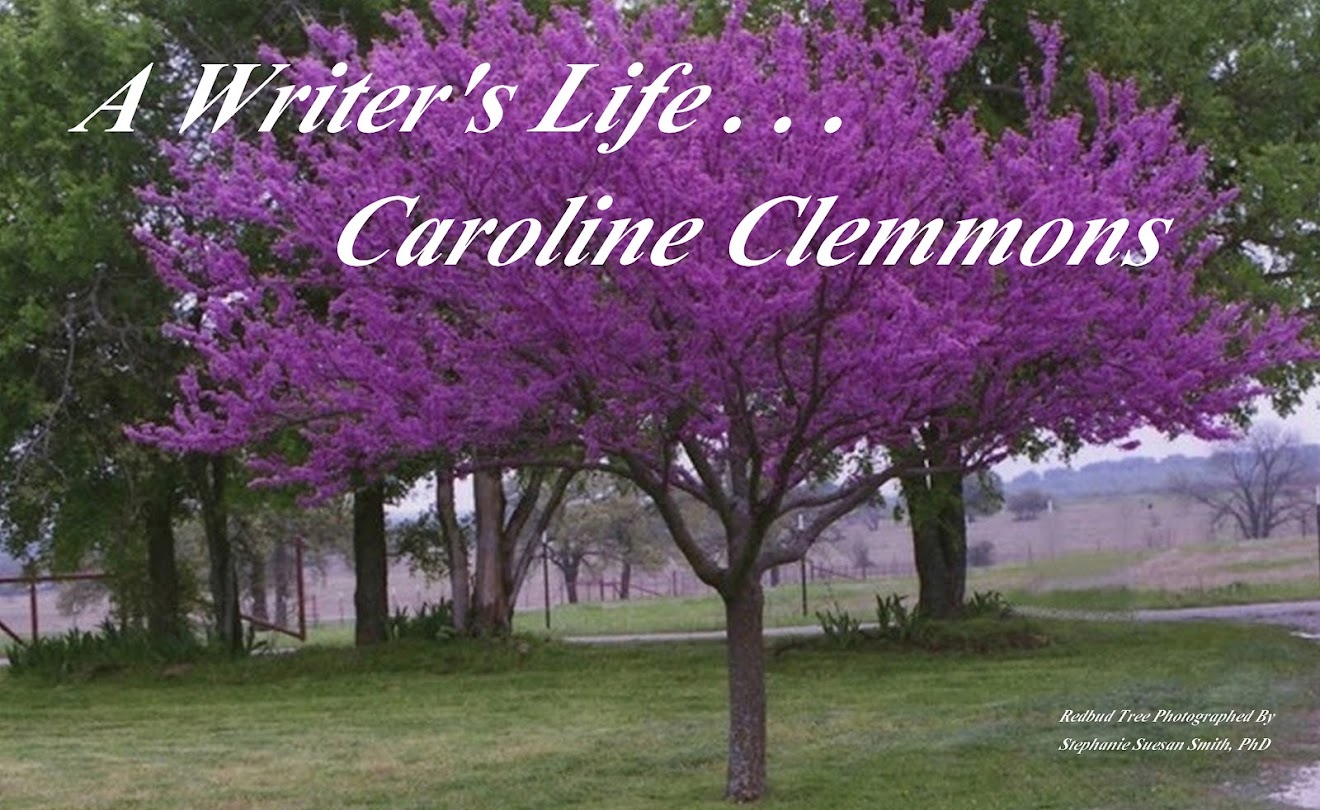I’m
sharing nostalgia today. I mostly grew up in Lubbock, Texas, known to residents
as the Hub of the Plains. The city is located on the Caprock Escarpment called Llano Estacado, or Staked Plain, by the
Spanish. Eleven thousand years ago, this was the home of Native Americans who
killed the Bronze Columbian mammoth and short faced bear. As those animals died
out, the land became home to bison and other mammals including mountain lions,
coyotes, wolves, bobcats, less ferocious smaller mammals, snakes, and red ants.
There are a lot of varmints, especially in Yellow House Canyon at the edge of
Lubbock.
Growing
up, I was not allowed to run wild in the canyon (or anywhere else), but many
boys played in the canyon, my husband-to-be included. They searched for and
found spear points and arrowheads. I was so jealous. My husband had a perfect
Clovis knife. He and I still love visiting prehistoric sites of Native
Americans in the Southwest. And we enjoy going back to visit the Lubbock Lake
Landmark Site near where my husband used to hunt spear points and arrowheads.
Although we weren’t aware of the formal site until about twenty years ago, this
year the Landmark Site will celebrate 75 years of discovery that began with the
accidental unearthing of a Folsom point in 1936, and continues to the present
day.
For
thousands of years, across hundreds of generations, people have come to Lubbock
Lake. Hunter-gatherers, the Apache and Comanche nations, and the founding of a
modern city are each a part of the history of this National Historic Landmark
that is one of the premier archaeological and natural history sites in North
America. The site is listed on the National Register of Historic Places, and is
a designated National Historic and State Archeological Landmark. It is managed
by the museum of Texas Tech University with excavations conducted under a Texas
Antiquities Committee permit. (And I love the Ranching Heritage Museum behind
the formal Texas Tech Museum.)
I
love visiting the area where I can imagine Comanche roaming in pursuit of
buffalo. Not that I would have wanted to encounter Comanches in real life, mind
you, but the adventurous side of my nature thrills at the thought of riding
along the plains with them. Not killing or butchering the animals. Ugh! No,
when romance writers visualize the past, we tend to cull the unpleasant and
dwell on the more exciting and interesting parts of history. Hey, we’re the story
creators, so we get to call the content, right?
Life
in modern Lubbock has become pretty much like any other Texas city. Lubbock is
home to two universities, Texas Tech and Lubbock Christian. There are more
churches per capita in Lubbock than any other place I know. Celebrities who
found their start in Lubbock include Buddy Holly and his band The Crickets
(alleged to be the model for the Beatles), Mac Davis, Tommy Hancock, Waylon
Jennings, and Ralna English (formerly on Lawrence Welk’s show). Wind turbine
farms are popping up in the area, especially in nearby Garza County.
Lubbock
still has sandstorms and dust storms, but not as frequently as when I grew up,
due partly to soil conservation and planting trees.For
those who don’t know, there is quite a difference between a sandstorm and a
dust storm. A sandstorm picks up bits of gravel and abrasive sand that can
actually damage paint--and bare skin. The sky appears almost rosy on the
horizon before a sandstorm. Dust storms are comprised of powdery dust that
chokes humans and animals. It can sift in through the most air-tight window and
door. The sky may appear any color from gray, to brown, to almost black as the
dust approaches.
I
remember a dust storm the first year my parents and I were back in Texas from
California. The house we lived in a few miles north of Lubbock belonged to the
cotton gin my dad managed and was not that well built. After a horrible dust
storm that lasted all one day and night, my parents waked up and my mom laughed
at my dad. He was covered with a fine layer of dust and, when he sat up, his
outline was easily defined on the pillow. He looked at her and told her she’d
better look in the mirror before she laughed. When she hurried in to check on
me, she looked as if she were wearing gray makeup with powdered hair.
Everything in the house was covered in a layer of fine, dark gray, powdery
dust--except for my room. Since I was puny and asthmatic, Mother had hung wet
sheets at my windows to catch the dust so precious little moi wouldn’t have to breathe so much of it. Good mom, right?
That
was the worst dust storm I’d encountered until 1997, when we were visiting my
mother-in-law. The dust storm that hit was so dark the sky looked black. We had
to leave several hours early because I couldn’t breathe, and I considered that
a definite disadvantage. That’s not a part of West Texas I miss! I used an
ordinary sandstorm in my book, HOME SWEET TEXAS HOME because that type of
weather is a part of life for that area. So are lightning storms and tornadoes.
Let’s face it, the weather in West Texas is terrible, but the sky is wonderful.
It truly lives up to its reputation as the Land of the High Sky. And sunsets
are unbelievable!

I enjoyed your post about Lubbock, and I learned a lot of things that weren't taught in my Texas History classes. Very interesting.
ReplyDelete